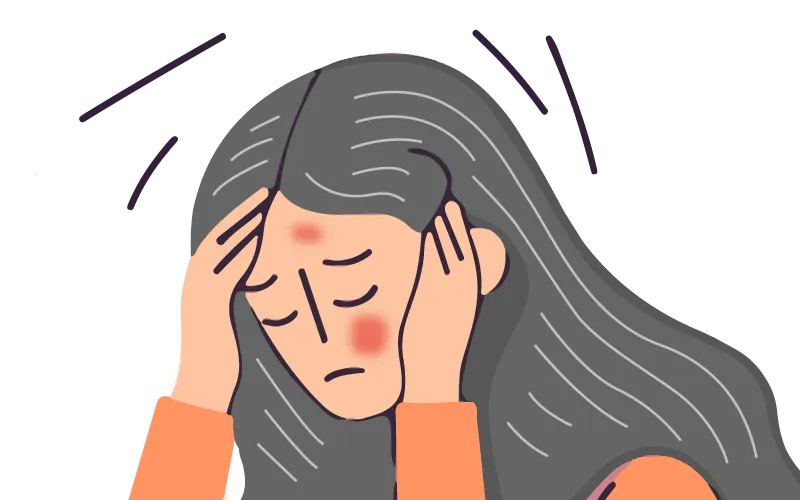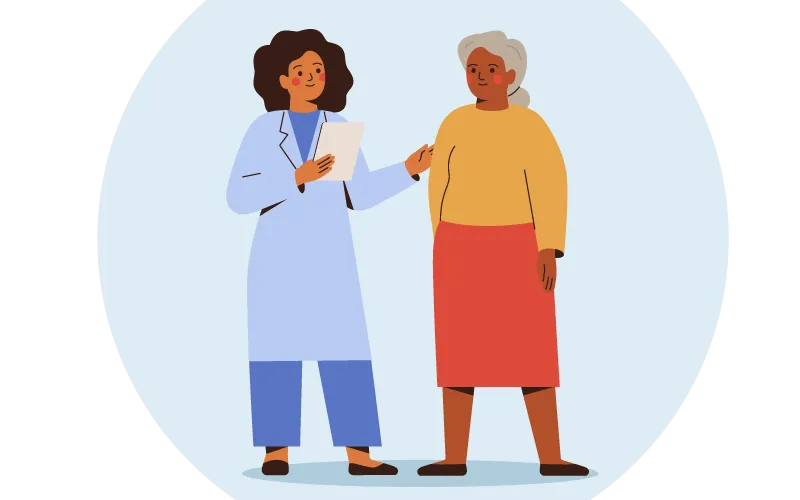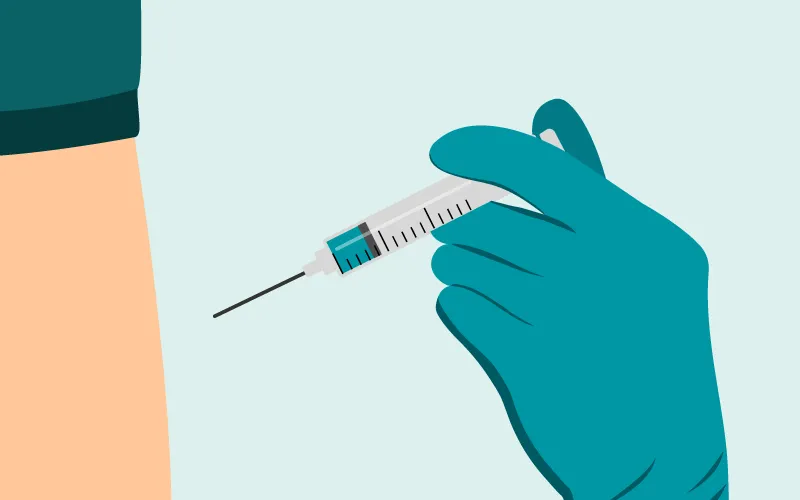Shingles
What is shingles?
Shingles, also known as herpes zoster, is a viral infection caused by the varicella-zoster virus (VZV), the same virus that causes chickenpox (varicella). After a person recovers from chickenpox, the virus remains dormant in the nervous system. In some cases, the virus can reactivate later in life and cause shingles.
At a glance: Shingles in Europe
- Viral infection that affects the nervous system
- Most people who have had chickenpox will develop shingles later in life
- You cannot develop shingles if you have not had chickenpox in the past
- Vaccination against chickenpox can prevent shingles

What are the symptoms of shingles?
The typical symptoms of shingles include:
- A painful rash that usually appears as a single stripe on one side of the body, often on the torso or face
- Blisters that break open and crust over
- Itching, tingling, or burning sensation before the rash appears
- Other symptoms can include fever, headache, and fatigue.
What are the complications of shingles?
Shingles can lead to several complications, including:
- Persistent nerve pain that can last for months or even years after the rash has healed
- If shingles affects the eyes, it can lead to eye infections and potentially vision loss.

How does shingles spread?
You can only get shingles if you have previously had chickenpox as it is caused by a reactivation of the dormant virus in the body. If you have not had chickenpox or the chickenpox vaccine previously, and come into contact with someone who has shingles, it is then possible to develop chickenpox. A person with shingles is less likely to spread the virus to others if their rash is completely covered.
Who is at risk of shingles?
Anyone who has had chickenpox can develop shingles. The risk of shingles increases with age, especially in individuals over the age of 50. The incidence varies across countries and shows an increasing trend in case numbers as the global population ages. People with weakened immune systems due to certain medical conditions or medications are also more susceptible to shingles.

How can shingles be prevented?
The best way to prevent shingles is through vaccination. The shingles vaccine, also called the herpes zoster vaccine, helps reduce the risk of developing shingles and lowers the likelihood of complications if shingles does occur. Some EU Member States recommend the use of zoster vaccines for certain population groups based on age or medical condition.
How is shingles treated?
If you suspect you have shingles, it is essential to seek medical attention. Early treatment with antiviral medicines can help reduce the severity and duration of the illness. Pain relief medications and cool compresses can help alleviate discomfort during the healing process.
